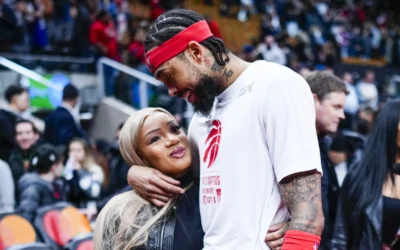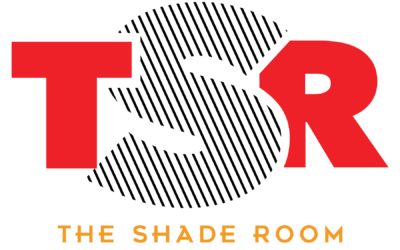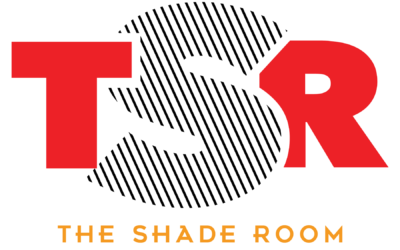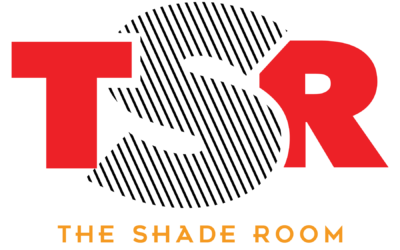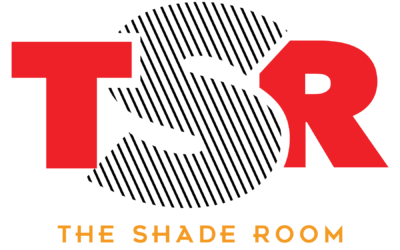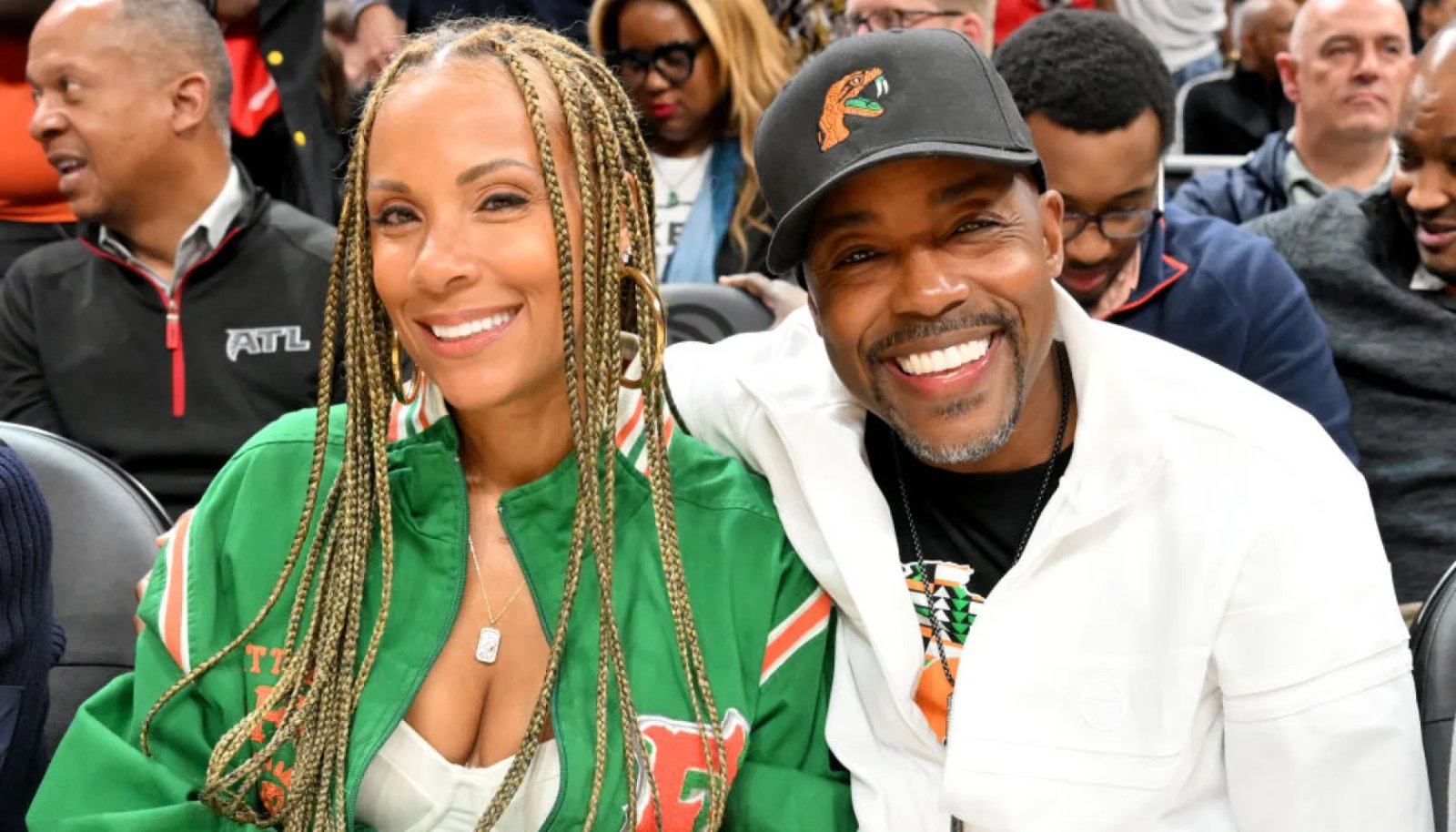50 Cent rips Ray J amid Diddy’s legal troubles
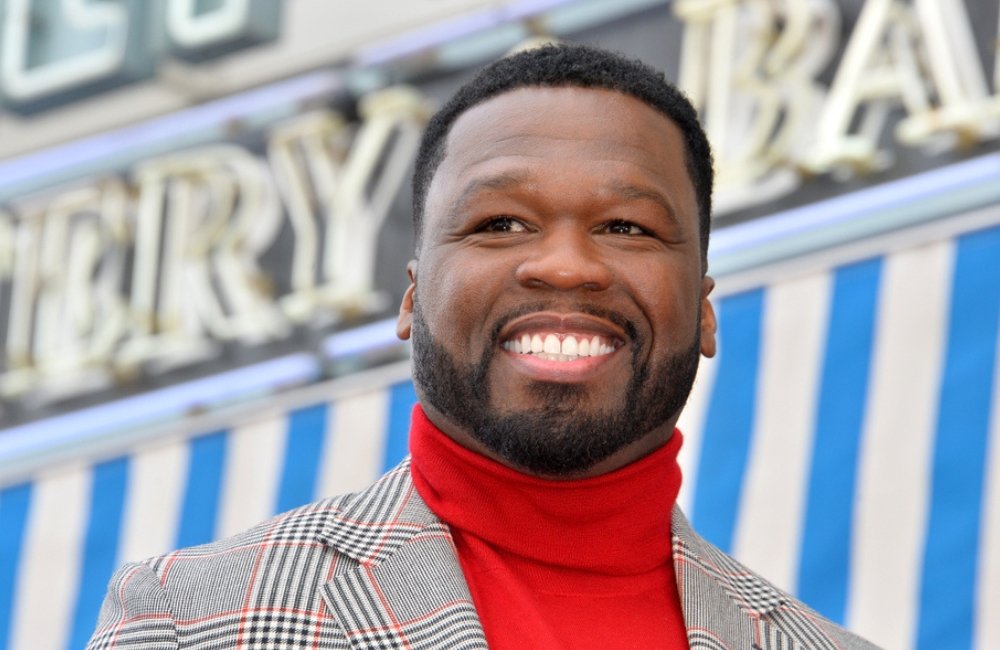
In an unprecedented display of industry politics, Curtis “50 Cent” Jackson has emerged as a vocal critic of Ray J‘s recent public statements regarding Sean “Diddy” Combs’ legal predicament. The Queens-born rapper’s intervention, known for his strategic social media presence and business acumen, demonstrates the complex web of relationships within the hip-hop community. His involvement follows a pattern of previous industry interventions, including his notable commentaries on various high-profile cases since his rise to prominence with Get Rich or Die Tryin’ in 2003. The rapper’s business portfolio, valued at over $500 million through ventures like Vitamin Water and G-Unit Records, adds significant weight to his industry commentary.
Behind the controversy
The tension escalated following Ray J’s appearance on CUOMO, where his ambiguous stance on Diddy’s situation drew immediate backlash. The Love & Hip Hop star’s apparent confusion over the allegations against Combs prompted 50 Cent to issue a stern public advisory. Industry insiders note that this interaction reflects a broader pattern of shifting alliances within the music business, particularly as the industry grapples with increased scrutiny over historical practices and power dynamics. Recent industry reports indicate that such public confrontations have led to a 30% increase in legal consultations among music executives.
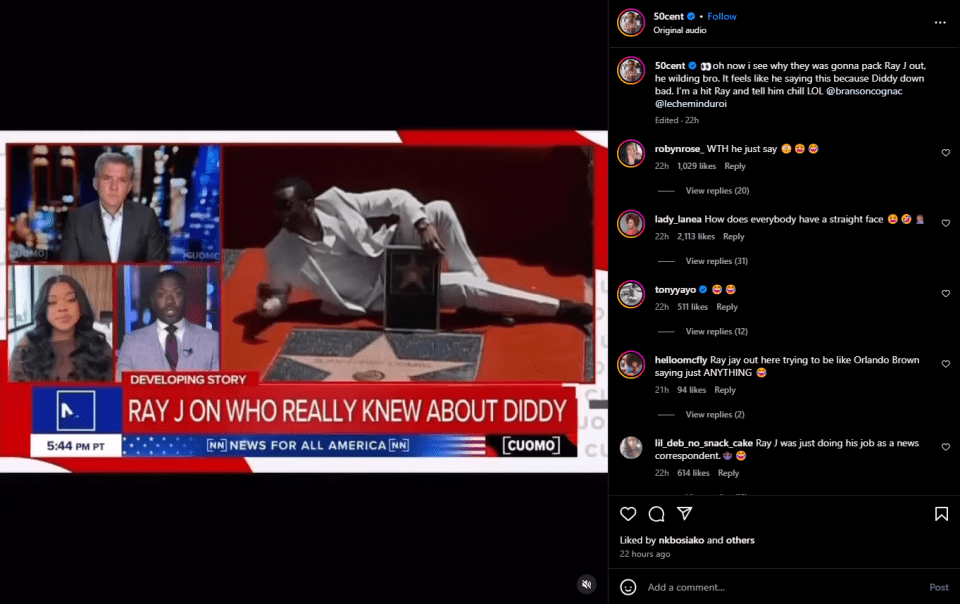
Legal landscape
The backdrop to this industry drama centers on Combs’ detention at Brooklyn’s Metropolitan Detention Center since September 2024. His legal team is orchestrating an ambitious $50 million bail package, arguing that the current detention conditions significantly impair their ability to mount an effective defense. The case has brought attention to the broader issues of accountability in the music industry, with several major labels and executives implementing new policies and guidelines in response to recent events. Industry statistics show that legal compliance spending has increased by 45% across major record labels in the past year alone.
Industry implications
The ripple effects of this confrontation extend beyond personal grievances, highlighting the delicate balance of power and loyalty within the music industry. Previous tensions between Ray J and Diddy’s family, particularly his sons, add complexity to the current situation. The music industry has seen similar conflicts impact major business deals and collaborations, with estimated losses in the millions due to broken partnerships and canceled projects in comparable situations. Recent market analysis suggests that industry disputes of this magnitude can affect stock prices of major entertainment companies by up to 5 percent.
Social media battlefield
The digital sphere has become the primary arena for this industry conflict, with 50 Cent’s strategic use of social media amplifying the impact of his messages. His characteristic blend of humor and sharp criticism has resonated with audiences, garnering millions of engagements across platforms. Analytics show that discussions surrounding this controversy have generated over 500,000 social media interactions within the first 24 hours, demonstrating the significant public interest in the unfolding drama. Social media monitoring firms report a 200-percent spike in engagement rates when 50 Cent addresses industry controversies.
Future trajectories
As the situation continues to evolve, the industry watches closely. The intersection of legal challenges, personal relationships, and public perception creates a complex web of consequences for all involved parties. Industry analysts predict potential impacts on upcoming releases, tours, and business ventures, with estimated financial implications exceeding $100 million across various stakeholders. The outcome of this situation could potentially reshape industry dynamics and professional relationships within the hip-hop community.
Industry transformation
The current controversy has sparked discussions about necessary reforms within the music industry. Major record labels have begun implementing new protocols for artist relations and management practices. These changes include enhanced transparency measures, revised contract structures, and improved dispute resolution mechanisms. The Recording Industry Association of America (RIAA) has also announced plans to review industry-wide standards in response to recent events. Early adoption of these reforms has shown a 25-percent reduction in internal disputes at participating labels.
Cultural impact
This situation represents more than just an industry dispute; it reflects broader cultural shifts in how power dynamics are questioned and addressed in entertainment. The controversy has led to increased dialogue about accountability, loyalty, and professional ethics in hip-hop culture. Educational institutions and industry organizations have begun incorporating these case studies into their curriculum and training programs. Research indicates that 72% of music business programs have updated their ethics courses to include recent industry controversies as teaching materials.
Historical context
The current situation mirrors previous industry conflicts, notably the East Coast-West Coast rivalry of the 1990s and various label disputes of the early 2000s. However, the modern social media landscape has dramatically altered how these conflicts play out publicly. Historical analysis shows that industry disputes in the social media era receive 300% more public attention compared to pre-internet controversies. This increased visibility has led to faster resolution times but also more significant reputational impacts for all parties involved.


